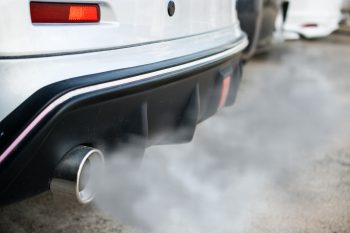Key finding
The future of mobility. Who will drive the change? (2019)
Auto manufacturers have a huge business opportunity. By building new models and creating new modes of transport for tomorrow’s world, the low-carbon economy.

Auto manufacturers need to seize new business opportunities to better prepare for a low-carbon economy and ensure they remain profitable. Moving away from traditional passenger vehicle ownership towards new passenger mobility solutions is a necessary component of change for the transportation sector to help achieve a well below 2 degree outcome.
There were some notable examples of business activities aimed at reducing structural barriers that low-carbon vehicles face when entering the market. For example, Tesla has developed renewable energy generation technology as well as energy storage products for individual homeowners, businesses and utilities providers, to facilitate the transition to a sustainable energy ecosystem. BAIC has also built the infrastructure for photovoltaic battery charge and swap stations under its Optimus Initiative. Honda, Nissan and Toyota – together with seven companies outside the automotive industry and the Development Bank of Japan – are working to accelerate the construction of hydrogen stations for fuel cell electric vehicles under the Japan H2 Mobility initiative.
More than half of the companies in the ranking showed examples of car sharing, car-pooling and/or other vehicle-as-a-service activities. Some have innovative activities related to the design and manufacturing of vehicles that could facilitate the shift to different modes of transportation, such as Tata Motors’ fully electric buses.
While the majority of companies in the ranking have explored alternative business activities, they still seem to be in early stages of development and are not yet to scale. Furthermore, most companies do not provide detailed information concerning these business activities, such as their size of operations and market share, profitability, and the expansion plans along with a defined timeline. This suggests that these activities may not have been given sufficient consideration in terms of the broader business strategy. Auto manufacturers could further demonstrate action towards diversifying their business models to facilitate the transition to a low-carbon economy and help achieve the goals of the Paris Agreement.
